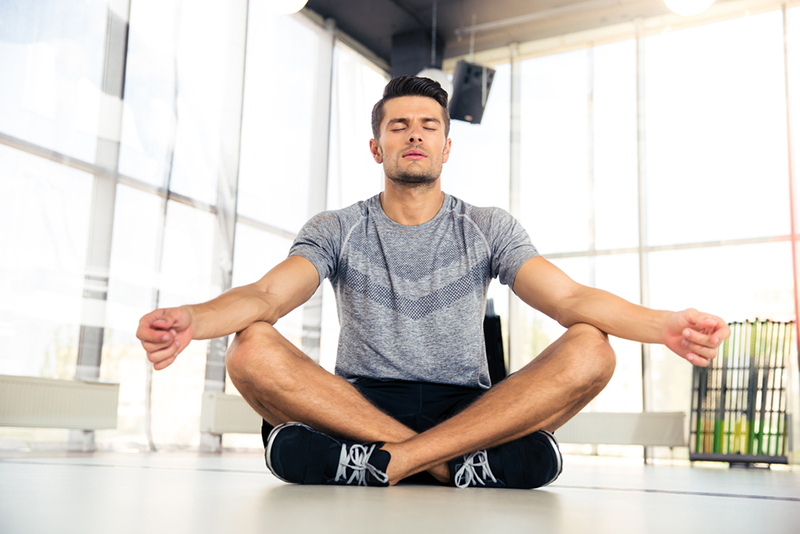If you have heard the benefits of meditation being touted but always thought it wasn’t for you, it might be time to stop and take notice because all you need to get started is 30 seconds. So, let’s stop, breathe, and be mindful.
You’re probably picturing yourself with eyes closed chanting “om” in an incense-filled room, and while that scene sounds pretty nice it’s not necessary to feel the benefits of meditation.
While historically the practice has been centred in religion, secular meditation is now taught in schools and workplaces and is a tool on modern psychology’s belt.
“Meditation is the practice of turning your attention to a single point of reference,” according to Psychology Today.
“It can involve focusing on the breath, on bodily sensations, or on a word or phrase known as a mantra. In other words, meditation means turning your attention away from distracting thoughts and focusing on the present moment.”
Doctor Emma Seppala is a world-leader in the study of happiness – the science behind it – and how meditation plays a very important role.
According to Dr Seppala the benefits are well documented. They include:
- Increase in immune function
- Decrease in pain
- Increases positive emotion
- Decreases depression and anxiety
- Improves social connection and compassion.
Dr Seppala’s scientific approach to meditation is really interesting and if you’ve been wanting someone to spell out how the practice can help you in real terms, you should check out her article 20 scientific reasons to start meditating.


The 30 second strategy
If you can’t quite comprehend spending a period of time on a busy day sitting still, start by focussing on your breath and do that for 30 seconds.
And we don’t mean taking deep breaths while you’re doing the washing up. This is about actually spending 30 seconds only breathing. Deep breaths in and out will increase your oxygen supply.
According to Harvard Medical School, this can “slow the heartbeat and lower or stabilise blood pressure”.
Meditation is more than mindfulness
If you want to graduate from deep breathing to a more intense and intentional form of meditation, there are several types to consider.
You’ve probably heard a lot about mindfulness. Dr Seppala says “mindfulness meditation, at its origin, is a style of meditation that involves paying attention to sensations, feelings and thoughts in a non-judgmental way”.
For some people, that practice of paying attention could be more stressful than zen-inducing.
If that sounds like you, check out Dr Seppala’s recommended alternative meditation styles.
And if like most of us, you need a new app for every new habit (we’re paying attention to that fact in a non-judgemental way don’t worry), take a look at these top rated meditation apps to get you started:
- Calm: featuring programs for daily meditations and a special section to help improve sleep
- The Mindfulness App: for beginners, this app has a five-day guided mediation
- Headspace: this app has a guided meditation to get you started with just 10 minutes each day.




